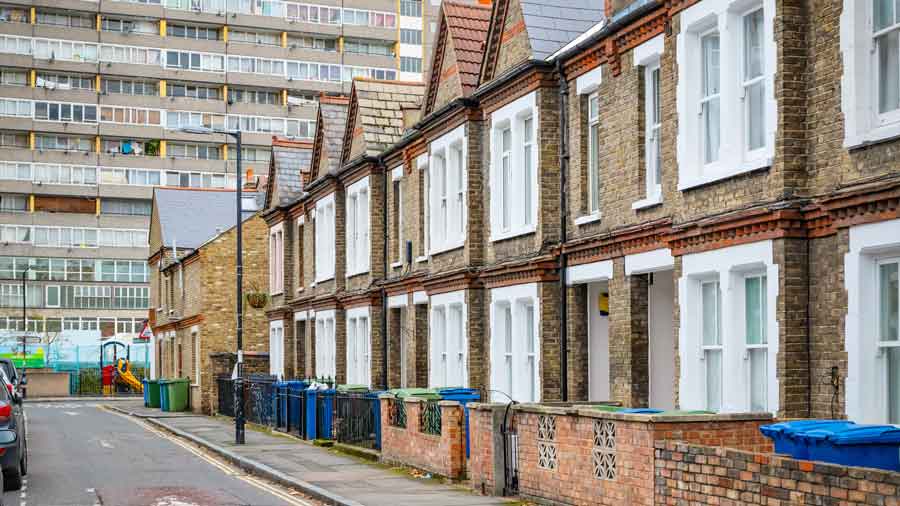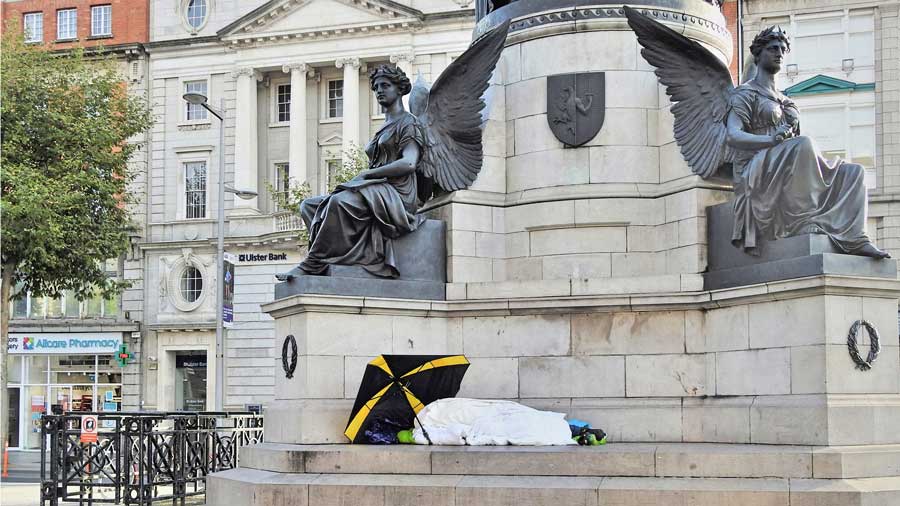Tackling homelessness in Belfast
A new approach to helping homeless people with complex needs shows promise but requires significant investment and multi-agency support if it is to reach its potential

STRATEGY
Image: Istock

Nicola McCrudden
CEO, Homeless Connect
For several years now, Belfast has been trying to work out the best approach to support people experiencing chronic homelessness in the city centre and the surrounding neighbourhoods. Many of these individuals have complex needs arising from addictions, challenges with mental health and past traumatic experiences.
It is well known and amply attested to that it can be challenging to effectively support individuals who find themselves in this situation. Chronic homelessness has a wide variety of different causes and this requires a range of responses from a host of different services.
While many services do superb work in supporting those experiencing chronic homelessness, unfortunately in some cases individuals are unable to get access to the services they need at the right time and in the right place. Tragically, this can lead to damaging outcomes for people in this situation and can even, as has been evident in Belfast this summer, lead some to lose their lives.
New approach needed
There is recognition in Belfast that a new approach is needed to improve the support given to this group of people. Statutory agencies working in Belfast decided to seek to introduce a tailored version of the Complex Lives model developed in Doncaster in the mid-2010s.
The Complex Lives model is a whole-system approach focused on people experiencing chronic homelessness. The essence of Complex Lives is seeking to improve collaborative working between statutory services and charities, so as to provide the right support to people who need it at the right time and in the right place. In Doncaster, this involved:
- The introduction of more joint commissioning of services
- Moves to better integrate services
- The use of a single case management system
- Changes to governance to increase accountability
This approach has borne fruit, with notable falls in the number of rough sleepers (from 67 in summer 2018 to 16 in 2020) and improved outcomes for those who use substances.
Working with consultant Chris Marsh – who played a central role in the development of the Complex Lives model in Doncaster – efforts have been made to introduce the model in Belfast. This involved prototyping the different elements of the model before seeking to roll it out more widely.
Belfast thinking
In October 2021, a multi-disciplinary team was set up including representatives from statutory agencies working in health, justice and housing.
In addition, there were charities working on the frontline which are currently commissioned to provide support and outreach to individuals experiencing homelessness.
There has been a clear acknowledgement from the outset that responding to chronic homelessness is not solely a housing issue, but requires the active intervention of those working in the health and justice systems as well.
The focus of the team has been on how best to collaborate to provide effective support to a cohort of more than 100 individuals who are experiencing chronic homelessness in Belfast.
“It is widely acknowledged that the introduction of this approach has had a positive impact, particularly in terms of the co-ordination of services. However, significant challenges remain.”
Positive impact
At the time of writing, it is widely acknowledged that the introduction of this approach has had a positive impact, particularly in terms of the co-ordination of services. However, significant challenges remain. If this approach is to bear fruit in the medium to long term in reducing the level of chronic homelessness in Belfast, it must be properly funded. Improving co-ordination is indeed vital; however, you need to have the services in place to co-ordinate in the first place.
Homeless Connect is foursquare behind the implementation of Complex Lives in Belfast. It has the potential to make a positive difference. However, having the right plan is not enough. Effective implementation, which is only possible with investment and buy-in from all levels of government, will be crucial.
This will be an investment in the lives of scores of people, with a strong chance of significantly reducing chronic homelessness and rough sleeping in Belfast for good.

